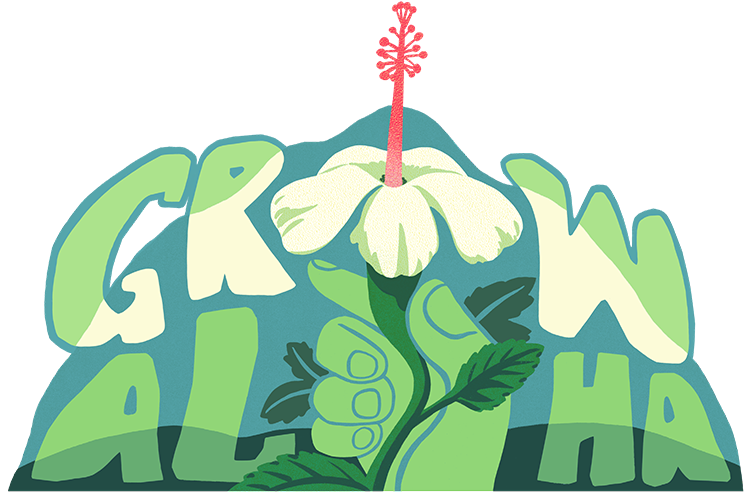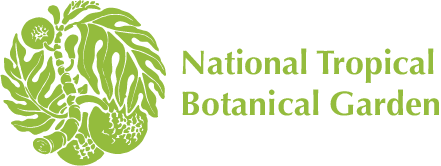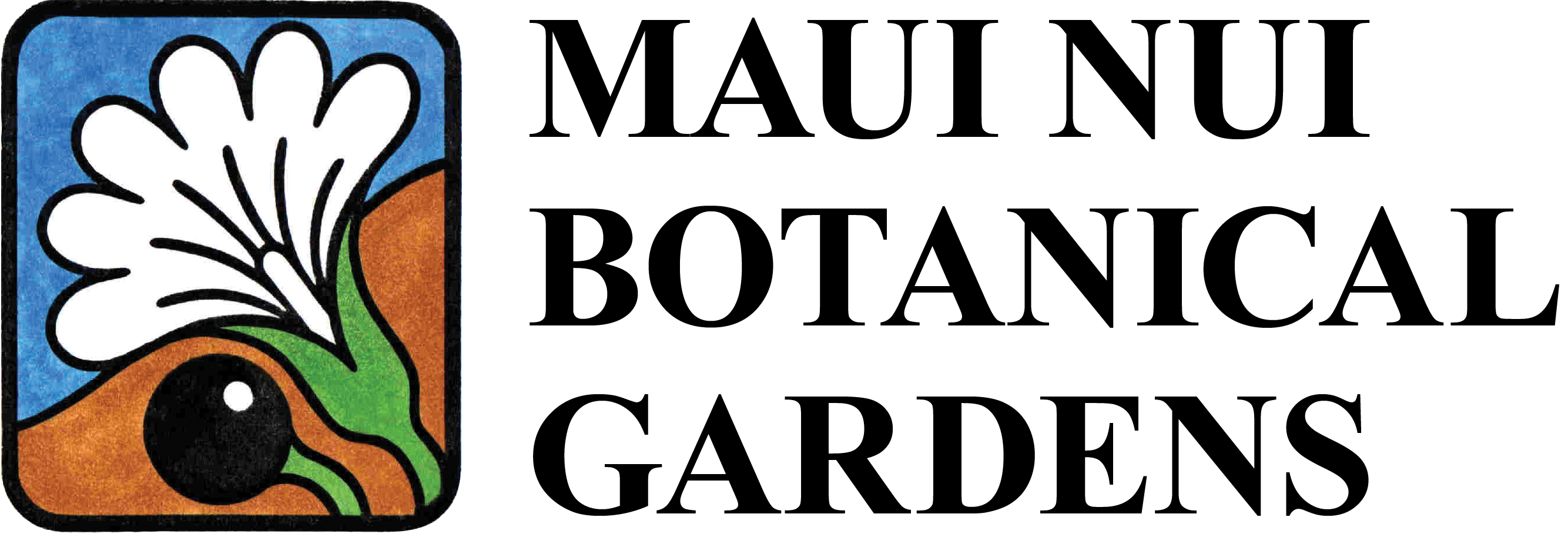Find a Grow Aloha plant adoption near you!
Grow Aloha with us! Look what we’ve made happen together:
1,538
Hawaiian plants adopted
1,029
plant adopters
60
zip codes represented!
32
plant species adopted
2025 is Hawaiʻi’s Year of Our Community Forests! Find all the ways to celebrate here.
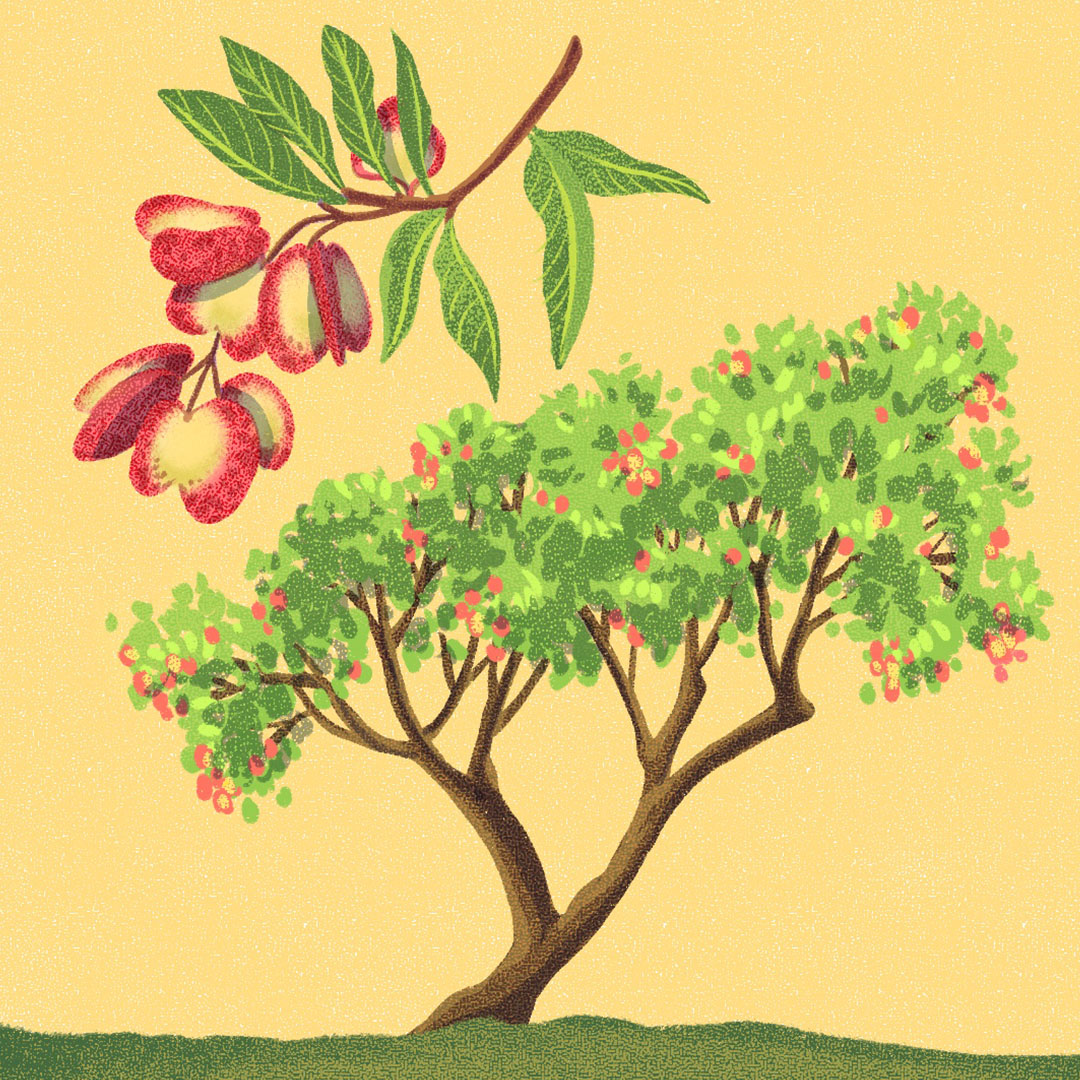
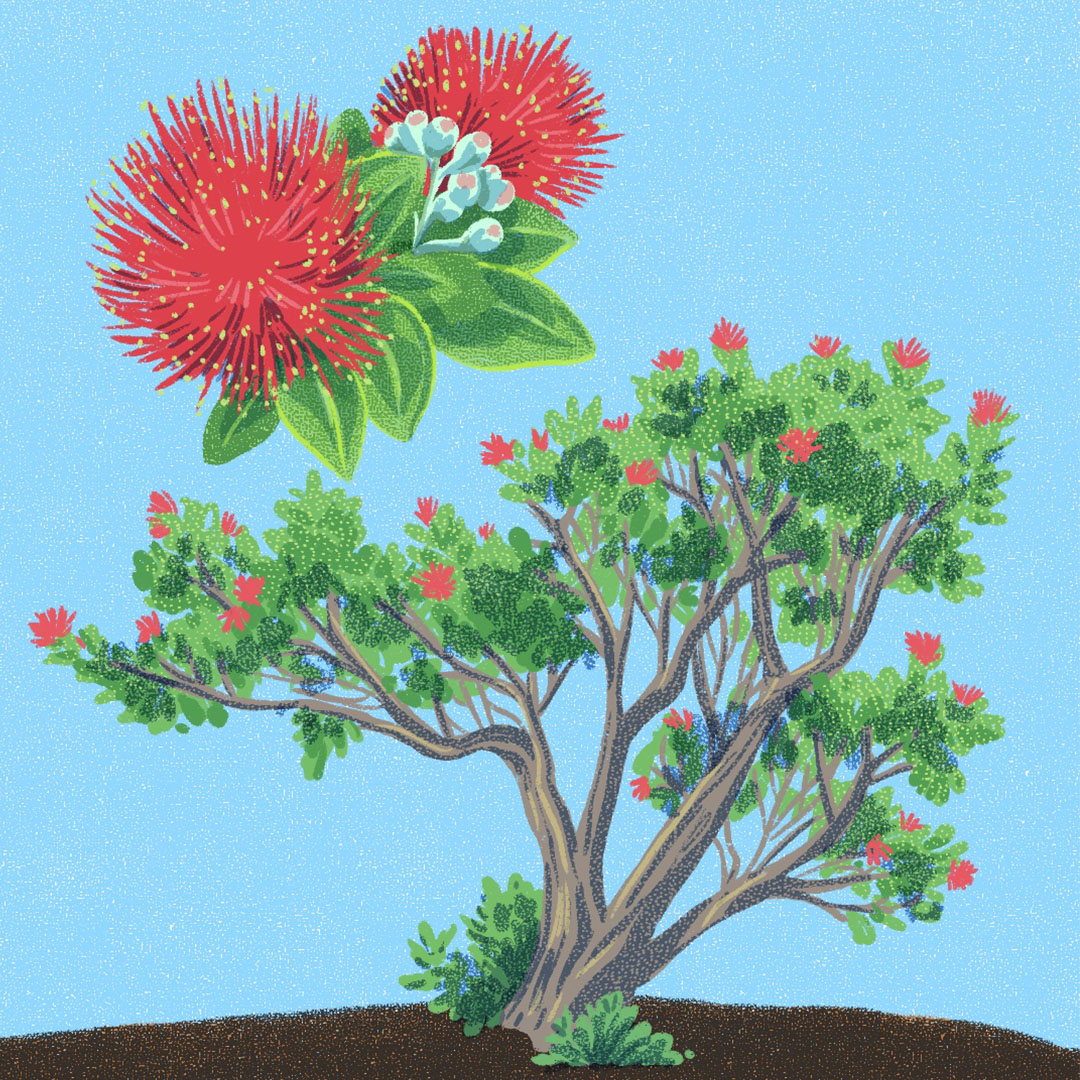
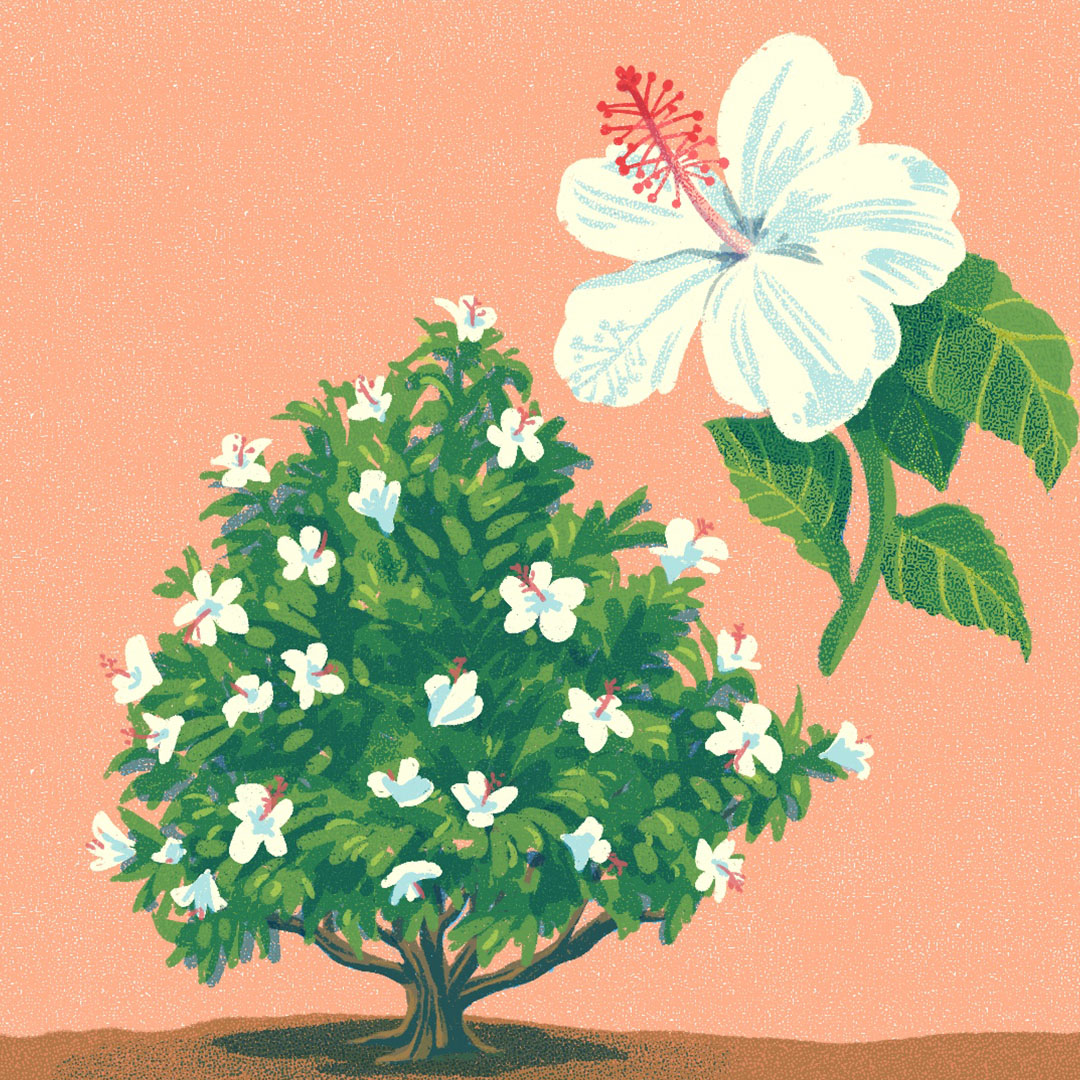
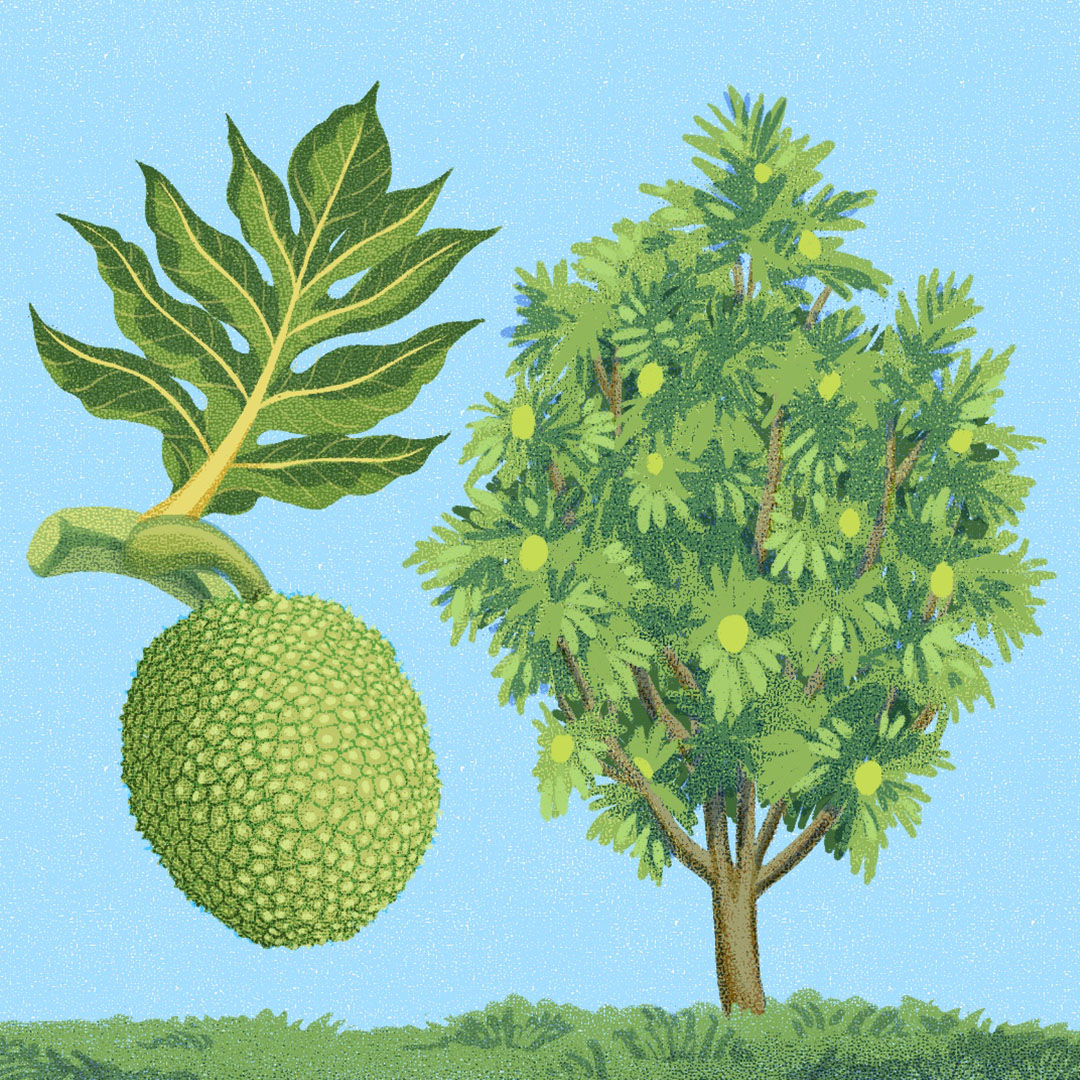
Upcoming adoptions
Grow Aloha is a hui of plant adoption partners working together to restore Hawaiian plants and our relationships with them.
Grow Aloha artwork created by Carly Lake
